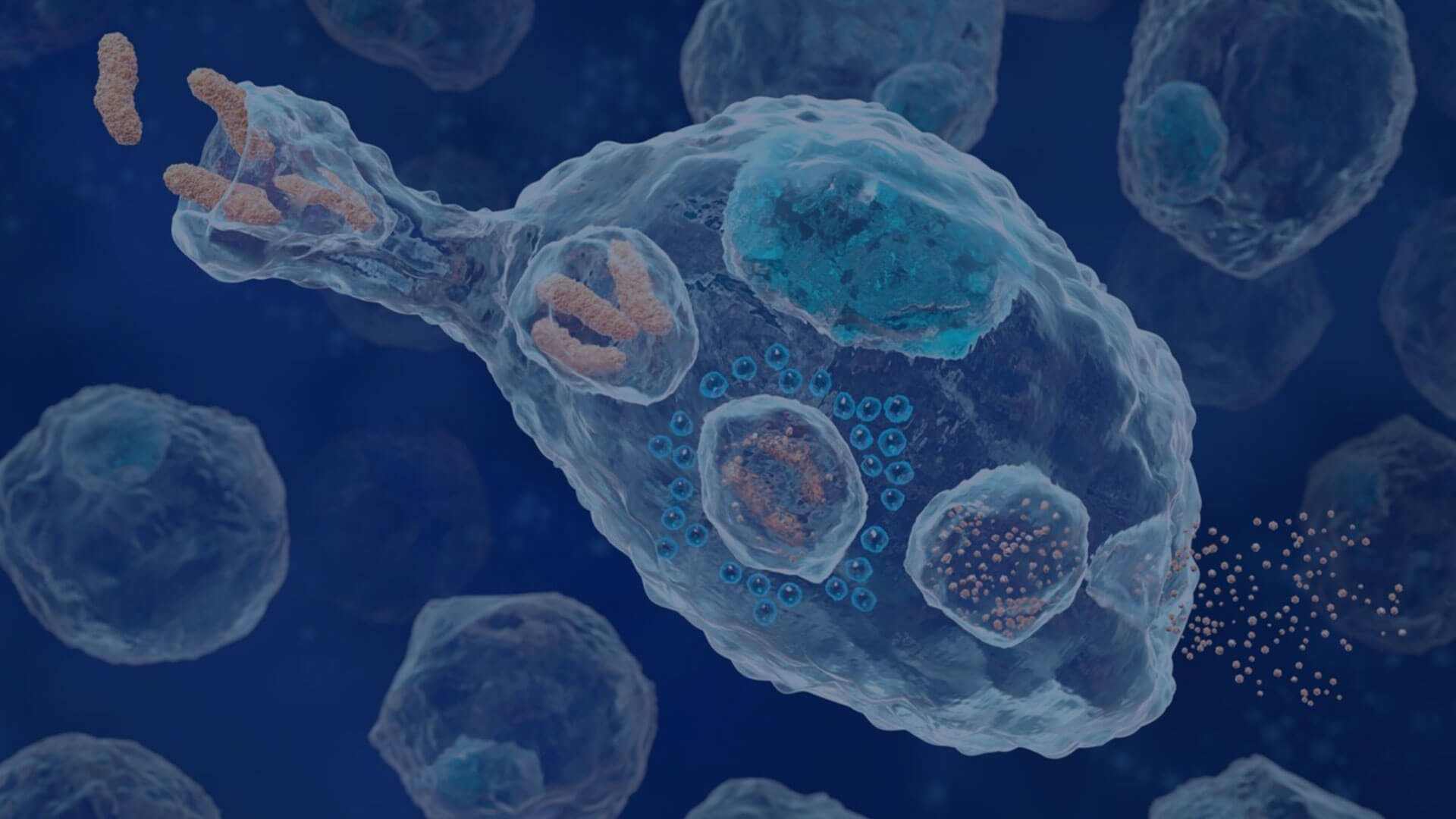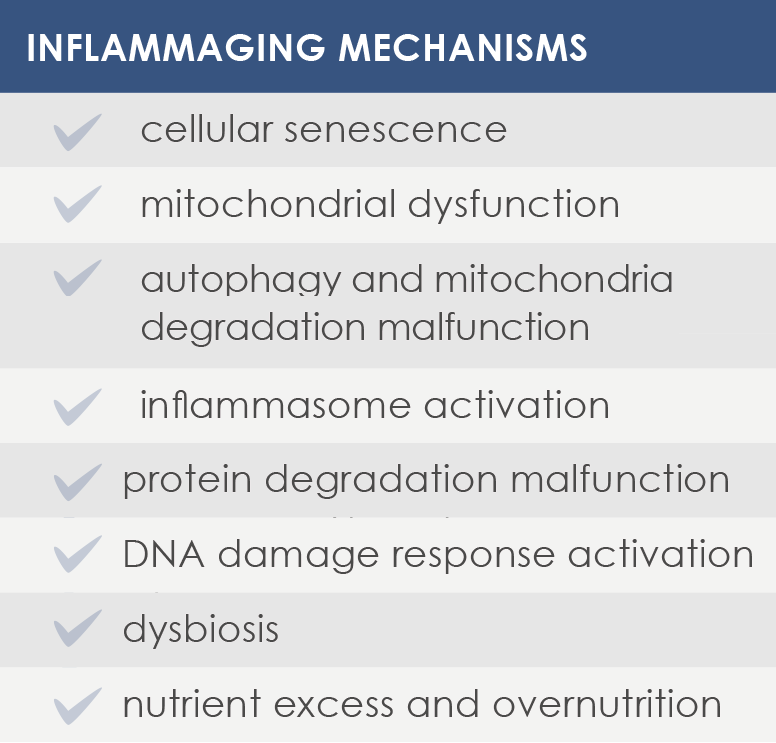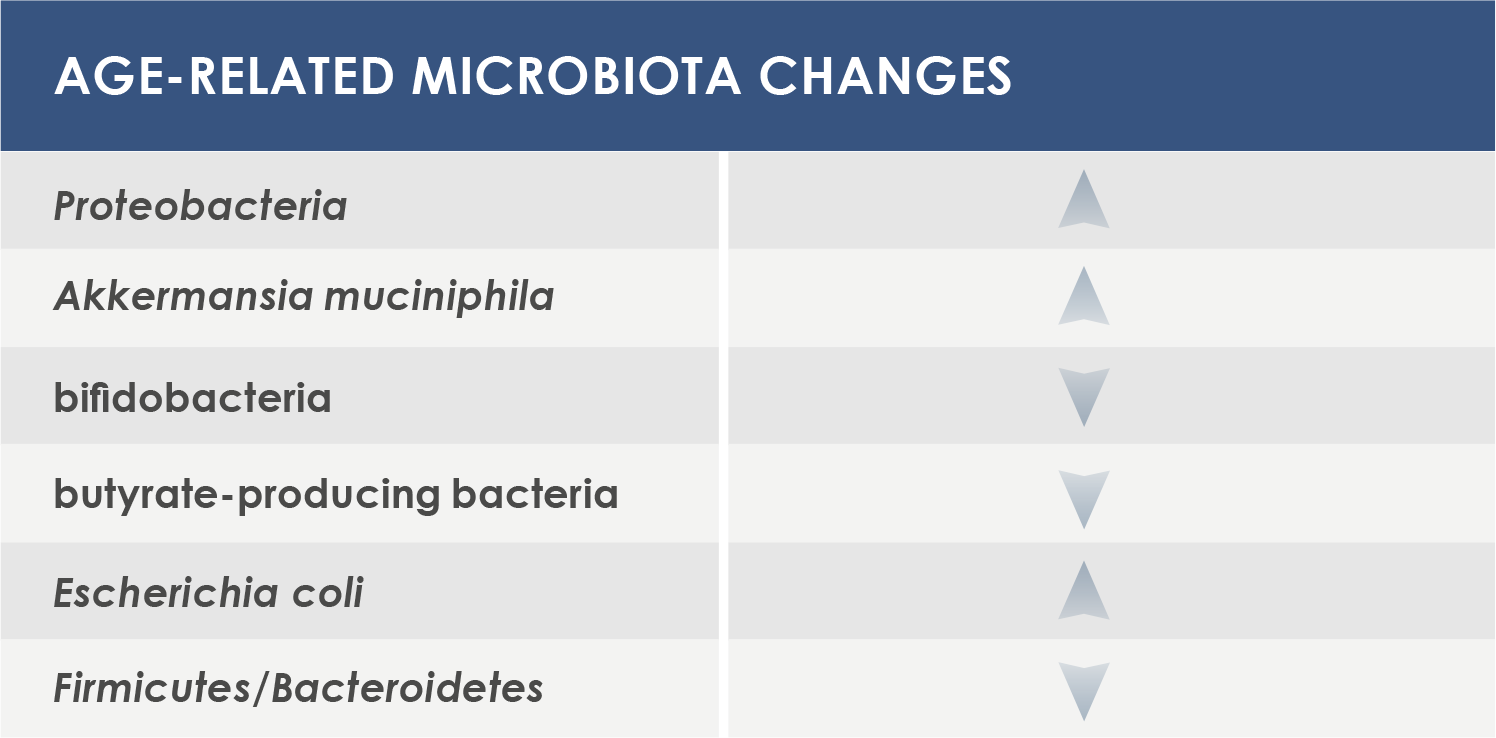The population of microbes living in the gut (the gut microbiota) performs many beneficial functions. If altered, however, it can contribute to the development of inflammatory phenomena which, silently, increase the risks to health. Even the simple fact of aging can be associated with alterations in the microbiota (dysbiosis) capable of triggering inflammation. Precisely because it is associated with aging, this phenomenon is known as inflammaging.
Analyzing the inflammaging levels enables the evaluation of the consequences of intestinal dysbiosis and actions to be taken in a targeted way to fight the effects of the alteration of the microbiota.



